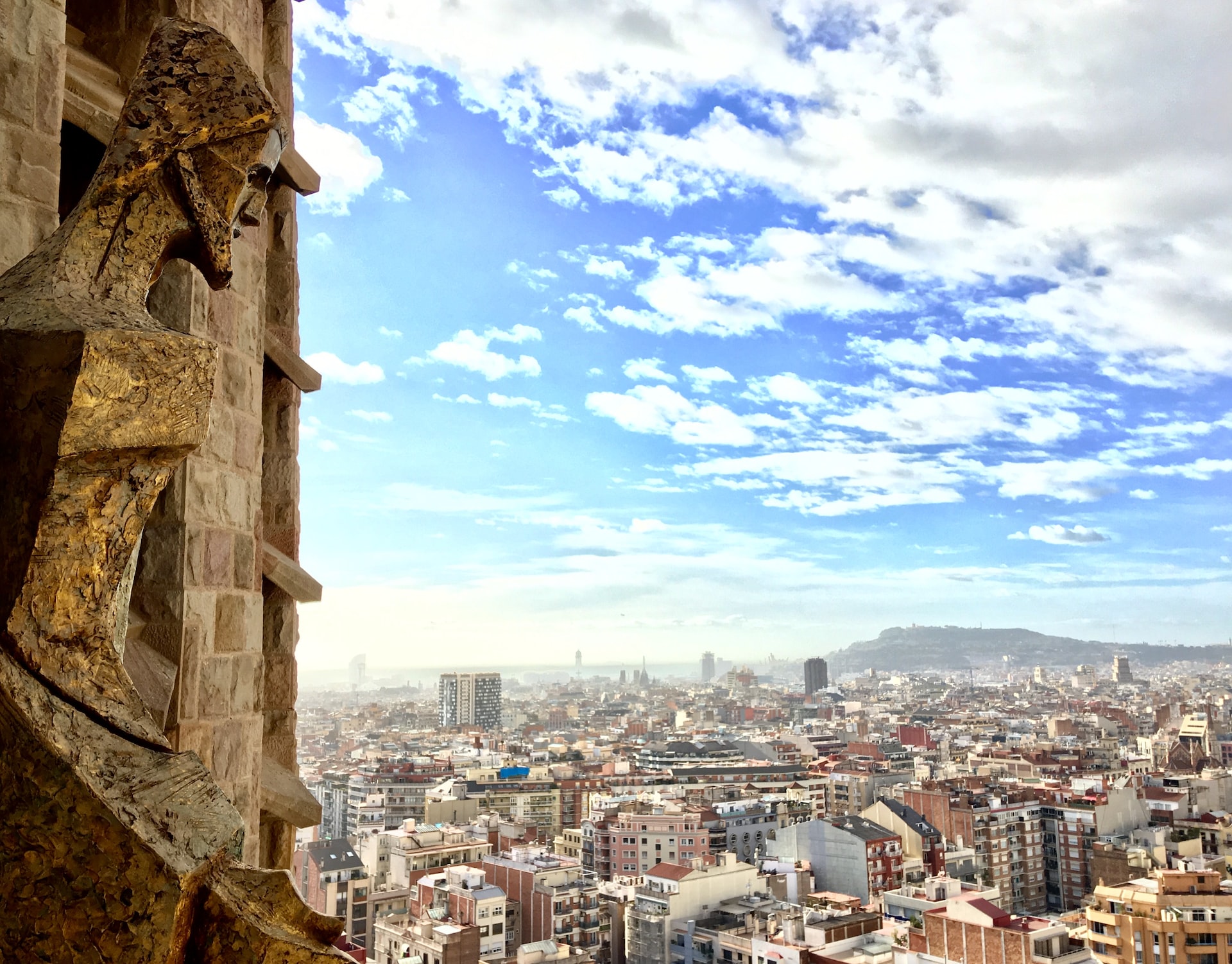From 5-7 October 2022, our Time Machine partner, the Universitat de Barcelona (University of Barcelona) organised the second international conference under the motto Digitising the Middle Ages at their Institut de Recerca en Cultures Medievals (Institute for Research on Medieval Cultures – IRCVM).
Progress of the Barcelona Time Machine
During 2022 IRCVM, researchers have continued working on two projects created under the Barcelona Time Machine umbrella: Women, power and territory in the Middle Ages and A day in Barcelona (around 1450).
Women, power and territory aims to virtually reconstruct and map all the spaces of female patronage, all the women’s networks of monastic and spiritual promotion, as well as female artistic works preserved or documented during the Middle Ages (500-1500). A day in Barcelona (around 1450) aims at building a multidimensional model of the late Medieval Barcelona.
Cooperation project as conference result
As a result of the synergies generated during the congress and of the joint work of the Universities of Utrecht and Barcelona within the CHARM_EU alliance, a working group has been set up, comprising members of the following research institutes of the University of Barcelona: the IAUB (Institute of Archaeology), the IdRA (The Water Research Institute), and the IRCVM (Research Institute in Medieval cultures). The objective of this collaborative network is to interact with the creators of the Living Past module developed at University of Utrecht and consider the possibility of adapting this model to the courses of the University of Barcelona.
Conference review
Our Local Time Machine Manager Ilaria Manzini had the honour to kick-off this conference with a keynote on The Digital Cultural Heritage Panorama Today: A Point of View From the Local Time Machine Projects.
This international congress brought together the presentation and discussion of seventy presentations sectioned into five plenary conferences and three round tables. Our Local Time Machine Manager Ilaria Manzini had the honour to kick-off this conference with a keynote on The Digital Cultural Heritage Panorama Today: A Point of View From the Local Time Machine Projects. The congress then split into two parallel sessions. The sessions were organised around several topics:
- Day one was marked by a session on GIS – Mapping and another one on the topic of Databases. Continued in the afternoon and expanded by a session on the topic of 3D, the first das way concluded by a round table discussing the questions Digitising, what for?, coordinated by Milagros Guàrdia (UB) and with the participation of Norbert Zimmermann (Deutsches Archäologisches Institut, Rom), Giulia Bordi (Università di Roma Tre), Juan Naya (entrepreneur), and the VirVIG Team (Polytechnic University of Catalonia).
- Day two started off with a plenary session lead by Helena Bermúdez from the University of Neuchâtel (Switzerland) who shared her ideas on Digital Philology: New Methodologies (New Problems). Further sessions delved deeper into the topic of databases including presentations looking closer at databases on medieval texts (literary and non-literary) as well as presentations examining problems surrounding the world of digital publishing of texts. The conference programme also offered sessions on the topic of Social Networks discussing the possibilities they offer for the dissemination of scientific research. The second day invited to another round table coordinated by Daniel Piñol on the topic Documentary Sources and Digital Humanities: Some Experiences, where Pau Castell (University of Barcelona – IRCVM), Gabriele Capone (Sopraintendenza achivistica e bibliografica per la Campania) and Gemma Colesanti (CNR-ISPC) presented their research, presentations which were followed by a lively debate. Day two concluded with the plenary session lead by José Manuel Fradejas (Universidad de Valladolid), asking TEI or no TEI, that’s the Question.
- The last day of this congress started off with a plenary session hosted by Ruth Ahnert (Queen Mary University of London) presenting the possibilities of data exploitation of network relationships with the title The Network Turn: New Perspectives on the Premodern World. Throughout the day, further sessions on GIS – Mapping, Databases, 3D and Gamification intensified and rounded up topical discourses. The final round table coordinated by Antoni Conejo, Museums and Digital Humanities, where several museum managers presented their experiences: Montserrat Gumà (National Art Museum of Catalonia), Carme Comas (Episcopal Museum of Vic), Alexandre Cervelló (Reus Museum), Marc Ferran (Reus Museum) and Josep Giralt (Lleida Diocesan and County Museum). The closing farewell speech was given by Juan Francisco Jiménez Alcázar (University of Murcia) drawing connections to new technologies: History Simulators and Graphic Adventures of the Middle Ages: The Role of the Medievalist in the Video Game Universe.
Selected proceedings of the International IRCVM Congress. Digitizing the Middle Ages will be published by Brepols.
Recently, a working group has been set up, comprising members of the following research institutes of the University of Barcelona: IRCVM (Research institute in Medieval cultures), the Archaeological Institute, and the Water Institute. The objective of this collaborative network is to interact with the creators of the Living Pasts module developed at Utrecht University and consider the possibility to introduce this activity on the courses of the University of Barcelona.
